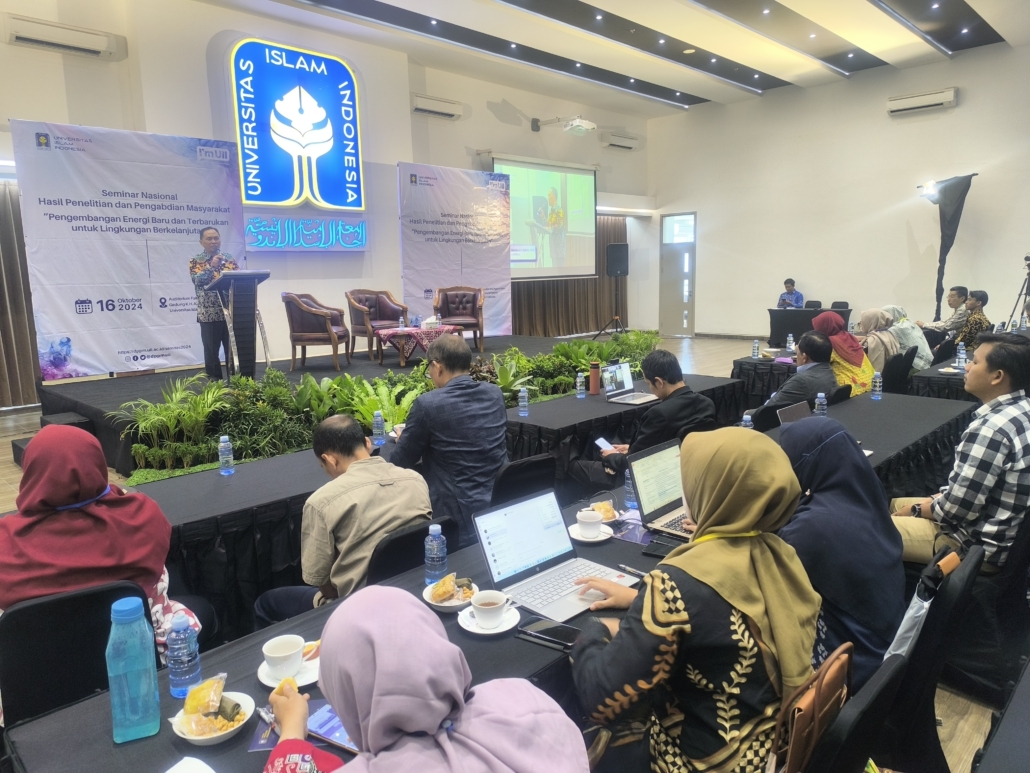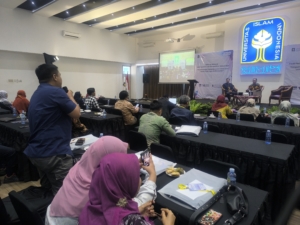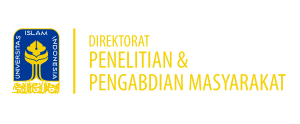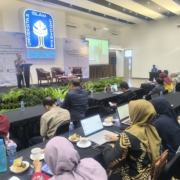NATIONAL SEMINAR DPPM UII: DEVELOPMENT OF NEW AND RENEWABLE ENERGY FOR A SUSTAINABLE ENVIRONMENT

KALIURANG (DPPM UII). Indonesia still faces significant challenges in waste management, particularly because most of its management systems still rely on open landfills (TPA). These landfills are a major source of greenhouse gas emissions, especially methane, which has a global warming impact 28 times stronger than carbon dioxide. At the National Seminar organized by the Research and Community Service Directorate (DPPM) of the Islamic University of Indonesia (UII) on October 16, 2024, at the K.H.A. Wahid Hasyim Building, Dr. Novrizal Taher, the Director of Waste Management from the Ministry of Environment and Forestry (KLHK), stated that to address this issue, Indonesia has established a National Strategy Policy (Jakstranas) targeting a 30% reduction in waste and 70% waste management by 2025. However, 2023 data shows that waste reduction has only reached 13.67%, while waste management stands at 48.12%, which is still far from the expected targets.
One of the government’s focuses to achieve greenhouse gas emission reduction targets is through commitments under the Paris Agreement framework. Indonesia has prepared Nationally Determined Contributions (NDC), aiming to reduce greenhouse gas emissions by 31.9% to 43.2% by 2030. In this effort, the government encourages the implementation of Waste-to-Energy (WTE) technology and sustainable recycling systems as a key strategy. WTE technology, which has been applied in several major cities such as Surabaya and Solo, processes waste into a source of electrical energy. It is hoped that this step can significantly improve waste management and reduce greenhouse gas emissions.
Future waste management in Indonesia will focus on a circular economy approach, where waste is transformed into energy sources and industrial raw materials. In addition to WTE technology, recycling is also expected to be a more environmentally friendly long-term solution. The government is also working to strengthen regulations related to the utilization of green technology, especially in reducing plastic waste from the production phase to final disposal. Thus, these steps are expected to reduce environmental pollution and slow down climate change.
In addition to Dr. Novrizal Taher, the committee also invited Oki Muraza, Ph.D, as the Senior Vice President of Research & Technology Innovation at PT. Pertamina, represented by Ismal Gamar. In his presentation, Ismal Gamar conveyed Pertamina’s commitment to transitioning to more sustainable energy and achieving net zero emissions. Pertamina has established two main visions: optimizing existing businesses and developing low-carbon businesses. One of the efforts made is the utilization of gas for the petrochemical industry and the development of a biofuel ecosystem. Pertamina collaborates with Mulawarman University to utilize local crops, such as sorghum and cassava, in bioethanol production, achieving a purity of 99.7%. This technological collaboration also involves Sepuluh Nopember Institute of Technology (ITS) to support the bioethanol purification process, which is tested on vehicles with a bioethanol blend of 20% to 100%.
In addition, Pertamina is also exploring renewable energy sources from vegetable oils of plants such as nyamplung and kepuh for renewable fuel. Pertamina continues to develop other alternative energies, such as wind, solar, and geothermal power. Digital transformation is also implemented to monitor and improve the company’s operational efficiency, in line with the commitment to reduce dependence on fossil fuels.
With various technological innovations and collaborations with universities and research institutions, Pertamina hopes this bioenergy program will not only contribute to national energy resilience but also provide social and economic benefits to the community, especially local farmers involved in the development of bioenergy. Pertamina is optimistic that these steps will create a cleaner and more sustainable energy future for Indonesia.
The event was officially opened by the Director of DPPM UII, Ir. Eko Siswoyo, ST., M.Sc.Es., Ph.D, representing the Rector of UII, after the report was delivered by the head of the organizing committee, who is also the Head of the UII Research Center, Prof. Dr.rer.soc. Masduki, S.Ag., M.Si. It concluded with a question-and-answer session and paper presentations from the seminar participants. Both hoped that the seminar, held regularly every year, would not only be used for sharing knowledge but also for building networks or collaborations.
(Wid)
Foto:

Question and answer atmosphere at the National Seminar “Development of New and Renewable Energy for a Sustainable Environment” (Foto: Widodo)



